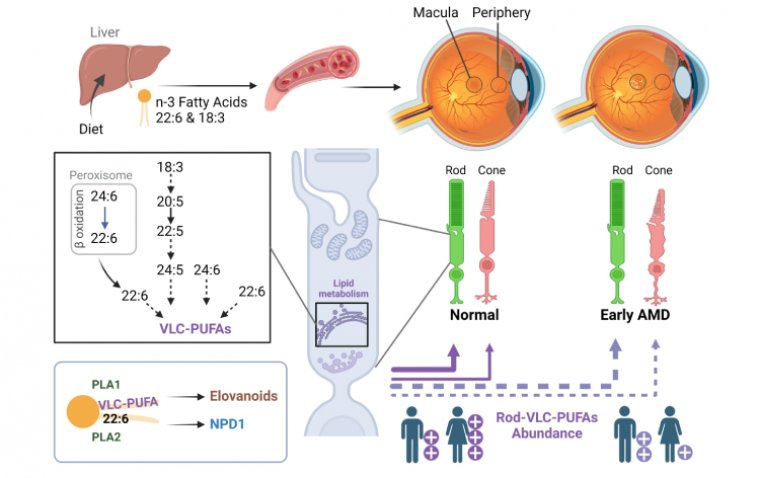
New Drug Targets Identified for Treating Inherited Retinal Degenerations
An international team of researchers has discovered new drug targets for inherited retinal diseases, such as retinitis pigmentosa (RP). Using advanced proteomics, they identified common critical pathways in different disease models, offering hope for broad-spectrum treatments.
Key Findings in Retinitis Pigmentosa
Retinitis pigmentosa, a group of genetic disorders causing vision loss, has been difficult to treat due to genetic variability. However, this study from the University of Eastern Finland (UEF), University of California, Irvine, and the University of Ottawa reveals shared pathological processes after rod cell degeneration, opening the door for treatments that don’t rely on specific genetic mutations.
Proteomic Analysis Identifies Retinal Degeneration Pathways
The research team compared proteins in three mouse models of retinal degeneration to healthy controls. This comprehensive proteomic analysis highlights pathways that could slow or stop disease progression.
Potential Therapeutic Impact
Dr. Henri Leinonen, senior author of the study, emphasized the potential for these findings to lead to new therapeutic strategies for retinal degenerative diseases. Dr. Ahmed Montaser, the study's first author, encouraged further research by sharing detailed protein profiles with the scientific community.
These findings mark a significant step forward in developing broad, mutation-independent treatments for retinal diseases.
References:
Retinal proteome profiling of inherited retinal degeneration across three different mouse models suggests common drug targets in retinitis pigmentosa Molecular & Cellular Proteomics (2024).
(1).jpg)










